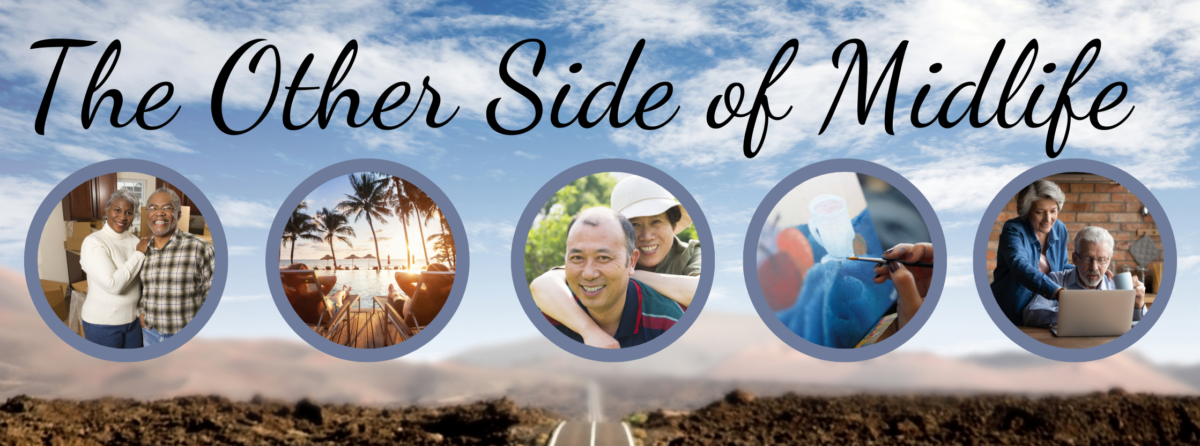Friendships are the threads that weave through the fabric of our lives, offering support, laughter, and companionship through the various chapters we encounter. Yet, as time passes and circumstances change, nurturing lifelong friendships can become increasingly challenging. In a world that often prioritizes busyness and superficial interactions, it’s essential to recognize the profound significance of maintaining bonds and to employ strategies that strengthen these friendships through the decades.

First and foremost, maintaining friendships throughout life is vital for our emotional well-being. Research consistently shows that strong social connections contribute to increased happiness, reduced stress, and even improved physical health. Friends serve as confidants, offering a safe space to share our joys and struggles, providing perspective, and lending a compassionate ear during times of need.
Moreover, friendships cultivated over the years carry a unique depth and richness. Shared memories, inside jokes, and mutual experiences create a tapestry of connection that grows more intricate with time. These relationships provide a sense of continuity and belonging, anchoring us amidst life’s inevitable transitions.
So, how can we ensure that these invaluable connections endure the test of time? Here are some strategies for nurturing lifelong friendships:
Prioritize Communication
In the hustle and bustle of daily life, it’s easy for communication to wane. Make a concerted effort to stay in touch regularly, whether through phone calls, video chats, or handwritten letters. Schedule catch-up sessions to share updates, reminisce about the past, and simply enjoy each other’s company.
Show Genuine Interest
Actively engage with your friends’ lives by asking about their interests, hobbies, and aspirations. Remembering important dates, milestones, and details from previous conversations demonstrates that you value their presence in your life.
Make Time for Quality Interactions
Quality always supercedes quantity when it comes to maintaining friendships. Instead of spreading yourself thin across numerous social engagements, prioritize meaningful one-on-one time with your closest friends. Whether it’s a leisurely brunch, a weekend getaway, or a simple walk in the park, carve out moments for genuine connection.
Be Present and Supportive
During challenging times, the support of friends can be a lifeline. Be there for your friends in both good times and bad, offering empathy, encouragement, and practical assistance when needed. Actively listen without judgment, validate their feelings, and provide a shoulder to lean on.
Cultivate Shared Experiences
Create opportunities to make new memories together by participating in shared activities and adventures. Whether it’s trying a new hobby, embarking on a road trip, or attending cultural events, shared experiences deepen bonds and create lasting connections.
Celebrate Milestones and Accomplishments
Acknowledge and celebrate your friends’ achievements, milestones, and special occasions. Whether it’s a promotion at work, a birthday, or a personal accomplishment, expressing genuine joy and pride reinforces the strength of your bond.
Be Forgiving and Flexible
Understand that friendships evolve and undergo fluctuations over time. Be patient and forgiving, recognizing that life circumstances may impact the frequency and intensity of your interactions. Cultivate flexibility and adaptability, embracing the ebb and flow of friendship dynamics.
In essence, maintaining friendships through the decades requires intentionality, effort, and a genuine investment in each other’s well-being. By prioritizing communication, showing genuine interest, making time for quality interactions, being present and supportive, cultivating shared experiences, celebrating milestones, and practicing forgiveness and flexibility, we can ensure that these cherished connections endure and flourish for years to come. Remember, true friendships are treasures to be cherished and nurtured, enriching our lives in ways that transcend time and distance.













